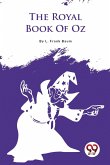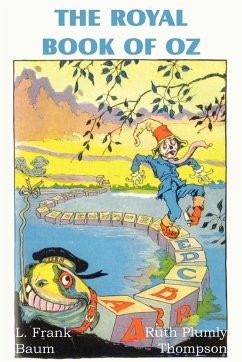
20,99 €
Versandfertig in 1-2 Wochen
Broschiertes Buch
31. Januar 2023
DOUBLE 9 BOOKSLLP
| Broschiertes Buch | ab 15,99 € | |
| eBook, ePUB | ab 1,99 € |

15,99 €
Versandfertig in 1-2 Wochen
15,99 €
Versandfertig in 1-2 Wochen
1,99 €
Sofort per Download lieferbar
1,99 €
inkl. MwSt. und vom Verlag festgesetzt.
Sofort per Download lieferbar
1,99 €
Sofort per Download lieferbar
0,99 €
inkl. MwSt. und vom Verlag festgesetzt.
Sofort per Download lieferbar
1,97 €
inkl. MwSt. und vom Verlag festgesetzt.
Sofort per Download lieferbar
1,99 €
Sofort per Download lieferbar
Ähnlichkeitssuche: Fact®Finder von OMIKRON
